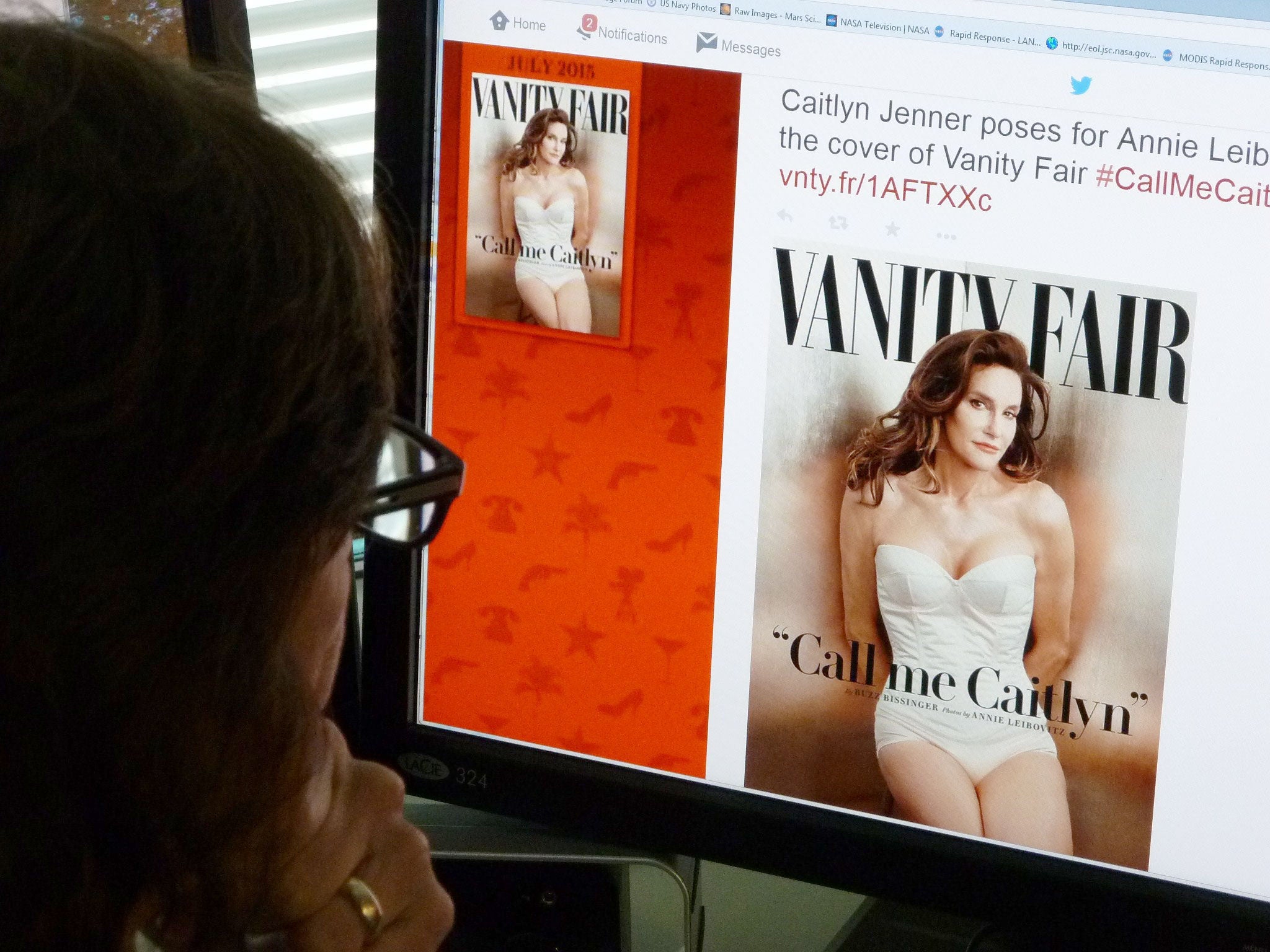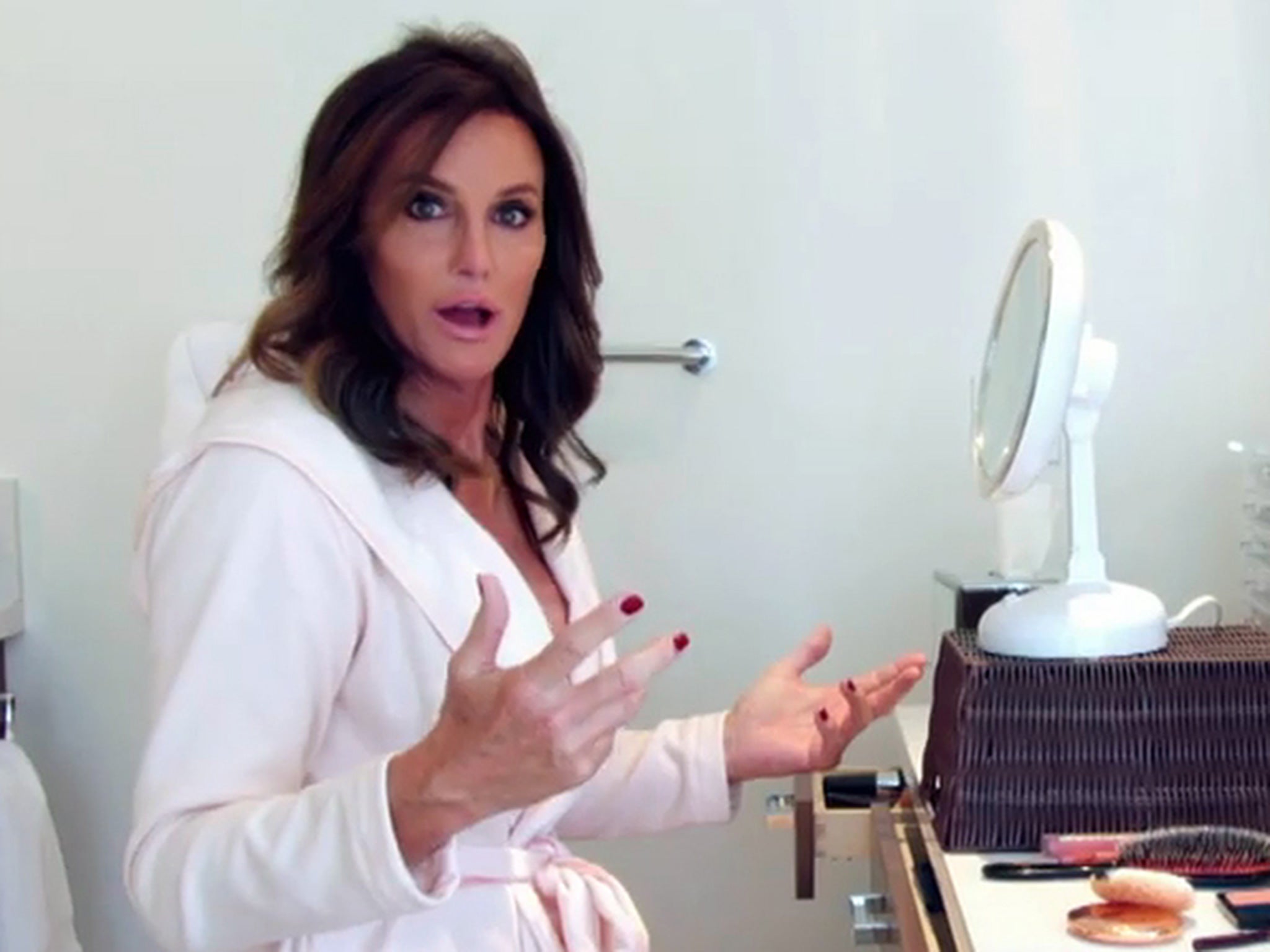Caitlyn Jenner: How a Vanity Fair cover became a media event of heartfelt human understanding
The media has lived up to its potential as a force for social good

One of the overriding issues in media and in American life is the problem of phoniness, or, more grandly, the lack of authenticity. Is Hillary Clinton really who she says she is? Many, if not most, believe not, and that's a problem that will likely define her campaign. Did Brian Williams' war stories undermine trust in the media? And the Duggars? What does that say about reality and illusion?
On the other hand, the debut of Caitlyn Jenner on the cover of Vanity Fair last week, has been a culture-shaping, Internet-busting media event of heartfelt human understanding.
The Jenner roll-out seems like one of those instances in which the media has lived up to its potential as teacher and force for social good. Hidden from view, many people struggle with their gender identity — here, finally, was the suitably lavish public acknowledgement of their secret pain and suffering.
It was an official zeitgeist moment, so over-the-top and, in the words of the author of the Vanity Fair article, Buzz Bissinger, "cathartic" — both for Jenner and for readers — that only the most churlish were left to have doubts about Jenner's motivations.

Graydon Carter, Vanity Fair's longtime editor, trying to preempt any naysayering, said that the well-known PR machinations involved with a Vanity Fair cover should not in any way undermine the meaning of Jenner's story or statement. And yet, of course, as Carter acknowledged and capably brushed aside, everything about a Vanity Fair cover is staged and negotiated and part of an agenda that almost scientifically replaces reality with illusion. A Vanity Fair cover is by its nature phony.
Still, though, what Carter seemed to be saying, was that the larger context gave it a larger truth. Indeed, Carter went further to say that all public events are stage-managed to an nth degree. Therefore you had to judge authenticity within the context that, in a sense, everything was inauthentic.
Jenner, the message was, had pushed past the boundaries of PR and show business and personal brand and savvy media handlers, indeed traveled through his own personal journey of phoniness, into genuine authenticity.
Who, after all, would make up being transgender?
At the same time, Jenner is part of the Kardashian family, or reality acting troupe, whose careers and fortune are about self-invention and exhibitionism, earning them hundreds of millions of dollars. Their success is based on their seeming willingness to expose all and be hyper-authentic in an effort to become what they are pretending to be.
Authenticity in the media has a lot to do with timing. Hillary Clinton became a believably sympathetic public person because of her husband's infidelities — and has not been so credible since.
Jenner's timing could not have been more fortuitous and savvy. Days after the Jenner Vanity Fair cover became the talk of the world, The New York Times uniquely devoted its entire editorial space to the subject of transgender people in the military. President Obama used his new Twitter account to congratulate Jenner for her courage. Overnight, Jenner became mainstream.
Authenticity in media has, of course, a lot to do with personal story, how much can people identify with you. Every potential president now seems much more concerned with his or her personal story than with particular policies. Jenner is just much better at story than they are.
On the other hand, Jenner, even more than Clinton, or other politicians, is a self-creation, part of a business in which the central question is who can we be that the audience will find eye-opening and compelling and believable? Everybody knows, or should know, that such a world is a confection, if not a confidence game. Actually believing a reality star is, surely, perilous.
But the better you are at being a fake, the more people believe you, or at least understand your premise. That's a willing suspension of disbelief, or, in the context of reality television, cynicism. True, it really doesn't seem that Jenner is faking it, no matter how stage-managed this coming out might be.
At the same time, it would be a great, even preposterous, leap of the imagination to see Jenner's experience as remotely equivalent to that of other people living the transgender secret who Jenner is supposed to represent.
Here we are: The story of Caitlyn Jenner has been greeted by something that certainly seems awfully close to universal fascination and sympathy. And yet, simultaneously there is a crisis of confidence in how people see the media and the people who are products of the media. All public people, however adroitly they make themselves up, are, for good reason, now suspect. The media may be able to create a suspension of cynicism in the heat of the moment, but that only seems to create a far deeper distrust and revulsion later as an unavoidable and sickening sense of manipulation sinks in.
This story originally appeared on USA Today.
Join our commenting forum
Join thought-provoking conversations, follow other Independent readers and see their replies
0Comments